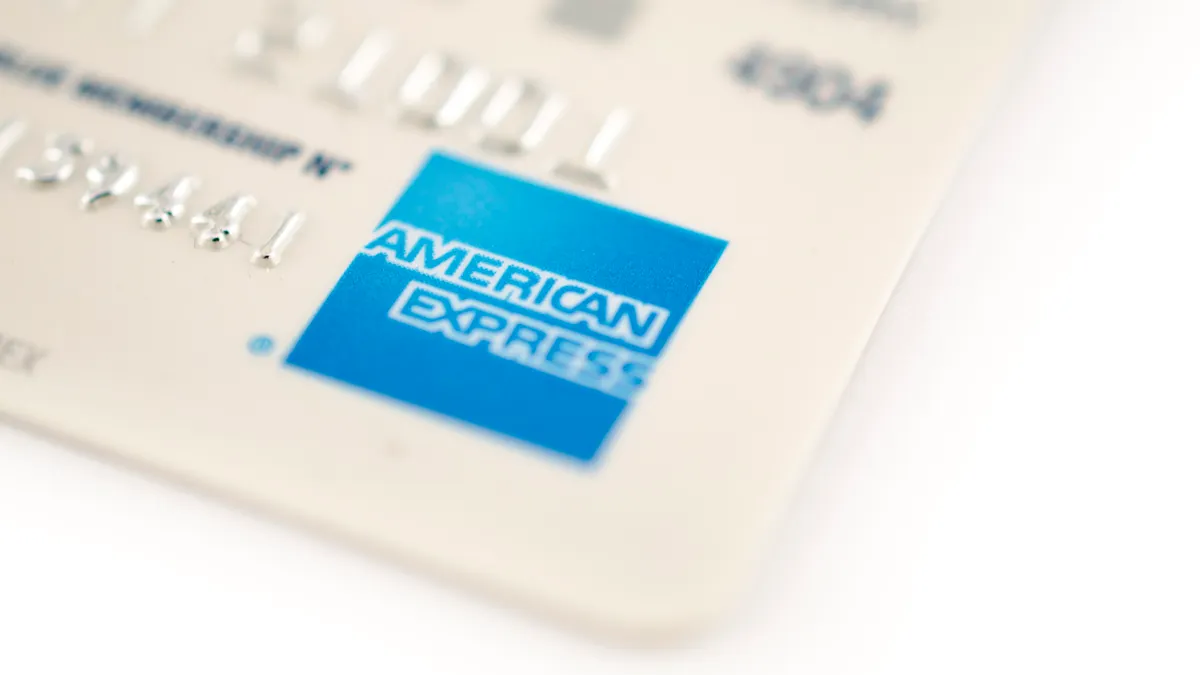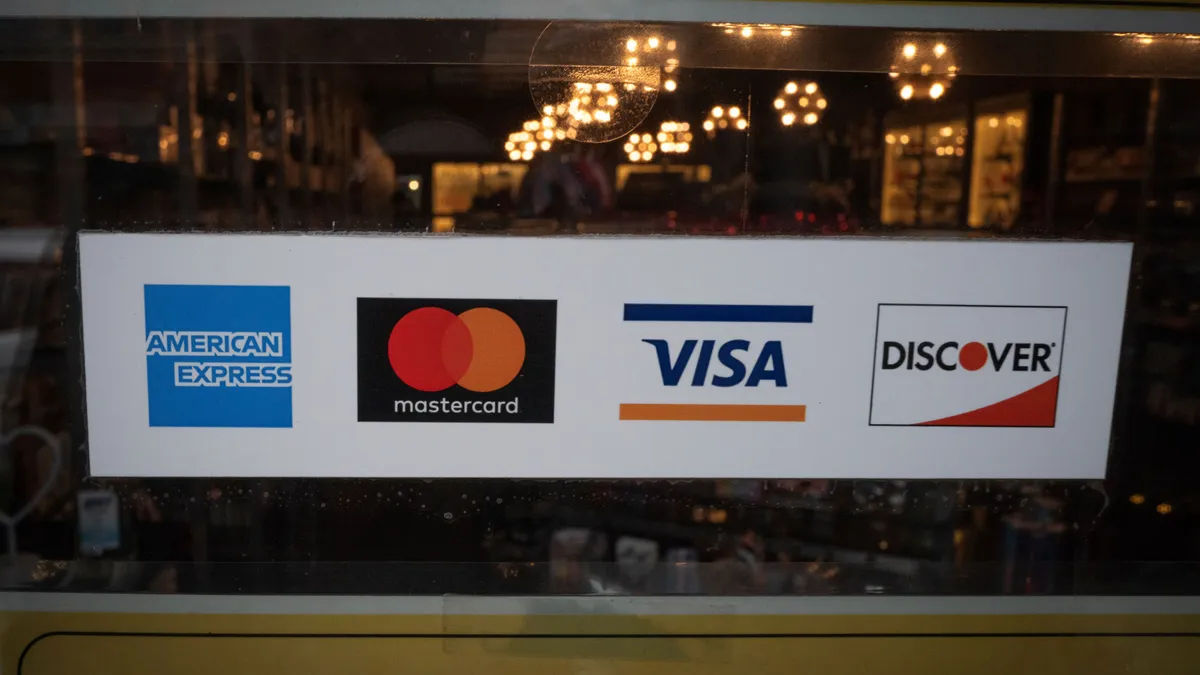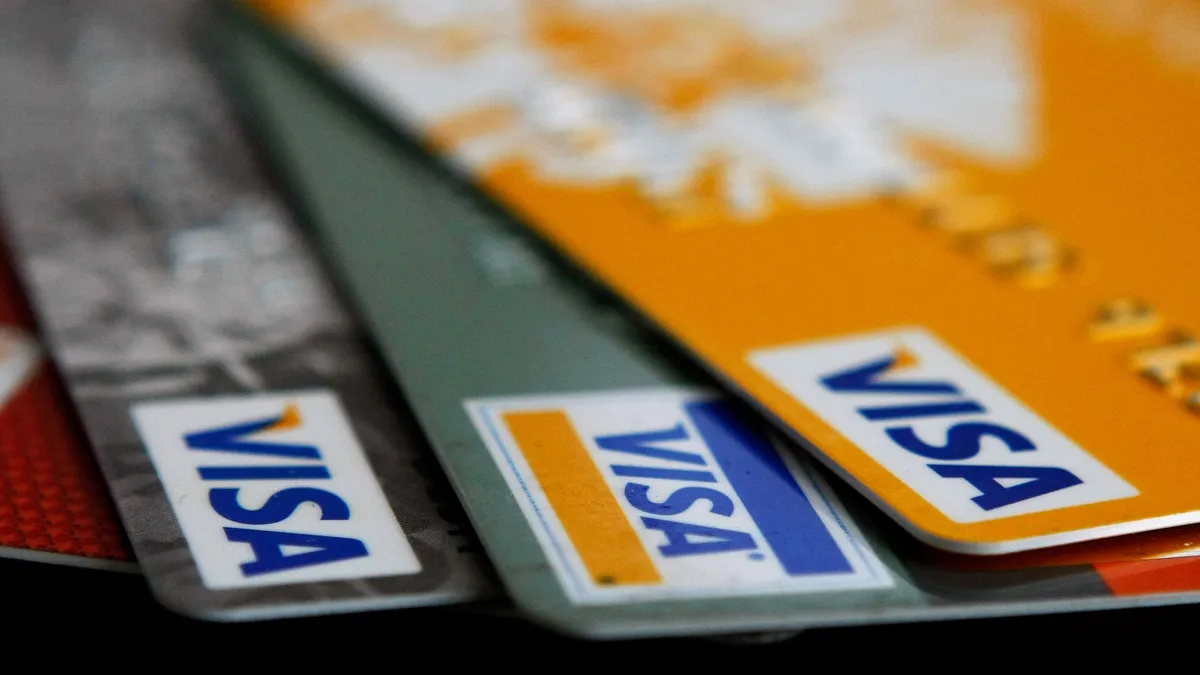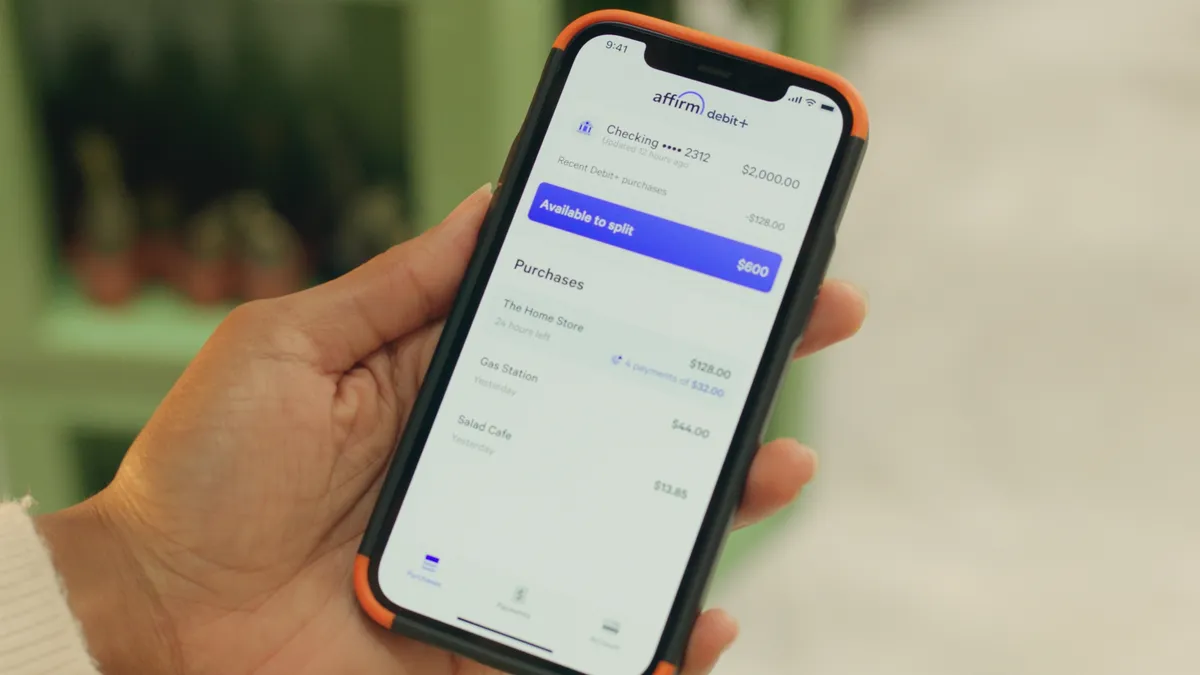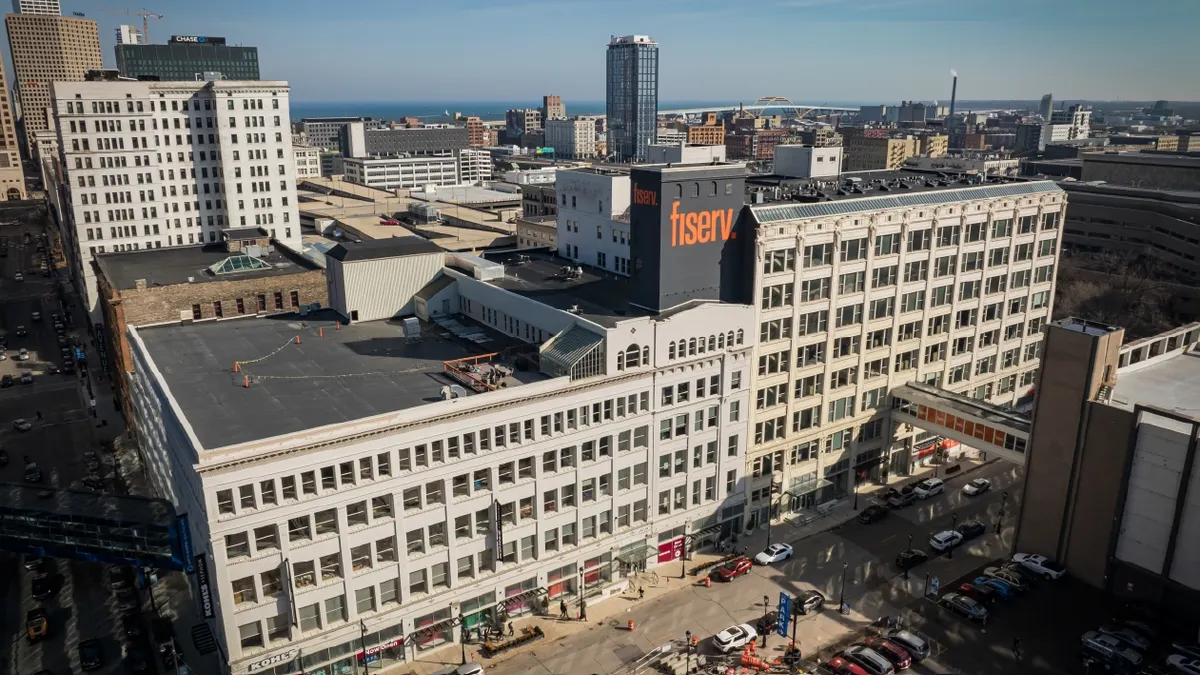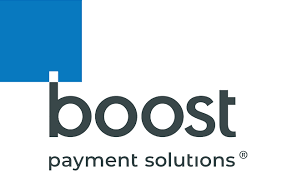During the pandemic, consumers and merchants alike moved toward buy now, pay later (BNPL) options, and now companies already in the space are expanding into services like healthcare too.
"In Jan 2020, 26% of the 100 U.S. retailers offered a deferred payment method," a Forrester webinar said. "By December, that number had increased to 46%."
The rise in popularity of BNPL isn't just a fad, but will stick around even after the pandemic subsides, Brandon Rembe, chief product officer at Envestnet-Yodlee, told Payments Dive.
According to the Forrester webinar, nearly "36% of U.S. online adults are interested in, currently use, or have used a ‘"buy now, pay later"' service for a large purchase." And to better serve the growing demand for BNPL services, payment companies are adding more verticals to their offerings.
Affirm, one of the biggest BNPL payment offering companies in terms of U.S. consumer base, recently partnered with Vrbo, a holiday destination planning platform, to offer BNPL services to customers looking for a holiday. In February, Affirm also partnered with Vacasa to offer flexible vacation rental payment options.
In a web presentation interview, Max Levchin, co-founder and CEO of Affirm, said consumers soon will have an "unstoppable desire to not be in the same city or same four walls." Levchin predicts that a huge spending wave is coming until consumers hit their satiation curve, according to a Bloomberg report.
Splitit, an Australia-based fintech, launched installment payment options for professional services like dental, accounting and legal services last year and has seen a lot of consumer demand in that vertical, Brad Paterson, CEO of Splitit told Payments Dive.
"Services like medical, dental, veterinary, accountants, legal, are some services that we're seeing increasing demand for on Splitit, although it's too early to say," Paterson said.
"Establishing consumer behavior and expectation in retail and then bleeding into other industries isn't an uncommon practice," Lily Varon, an analyst at Forrester, said.
"The ability to pay for services over time in an interest-free capacity versus taking out a loan or putting something on a credit card, where you might be bearing interest at higher rates, is attractive to consumers," Varon said. "Consumers can buy more and spread out their purchases over time."
Credit card averse consumers are driving the adoption of BNPL services. According to an Insider Intelligence report, 39.4% of U.S., BNPL consumers used the service to avoid paying credit card interest.
New horizons in healthcare
BNPL services now look to disrupt the healthcare payment landscape. Credit Karma, a consumer credit agency, conducted a survey of 20 million people in August 2020 and found that they have a total of $45 billion of medical debt in collections, which averages to about $2,200 of debt per member.
According to a 2014 CFPB report, nearly 54% of Americans with medical debt don't have any other kind of debt on their credit report. SingleCare, a prescription discount startup states that 34% of Americans say that medical bills increase their credit card debt.
Citizens Pay, a BNPL vertical of Citizens Bank that works with merchants including Apple, Microsoft and BJ's, plans to expand its services into healthcare services by the end of the year, Andrew Rostami, president of Citizens Pay told Payments Dive.
"People pay bills through their credit cards which are not these new modern models like our offers which are fixed monthly payments and very transparent on what you pay," Rostami said.
Citizens Pay started offering BNPL services to tech giants Apple in 2016 and has built a platform to help businesses grow customers by driving easy financing value rather than just an online checkout payment option. The company wants to start offering health care financing by the end of the year. Citizens Pay would target subcategories of healthcare like dental and orthodontist services to customers in installment payments, Rostami said.
"In healthcare services we pay for insurance which is like a subscription model," Varon said. "BNPL medical services might penetrate into medium ticket payments [like dental and vision]."
In the web presentation, Levchin said healthcare payment options are a pain point for many consumers. Affirm's offerings help consumers understand how revolving credit math works in an easy, simple manner to help them avoid debt cycles, Levchin said.
"We certainly would love to bring that practice to things like healthcare ... and if we don't, someone must," Levchin said. Otherwise, "it's sort of like taking your physical ailments and turning them into a financial one."
While many fintechs are trying to provide such installment-payment services, big banking organizations that offer BNPL will have an edge over them as it requires a lot of analytics to do it right, Rostami said.
"You need really good credit analytics, you need really strong fraud analytics," Rostami said. "Fintechs don't have that level of comprehensiveness and typically have kind of a single installment loan which is a great product, don't get me wrong, but it's kind of just one piece of the toolkit."
Data about consumers and better credit analysis tools might help banking BNPL services to thrive despite being in a crowded space, Varon said.








